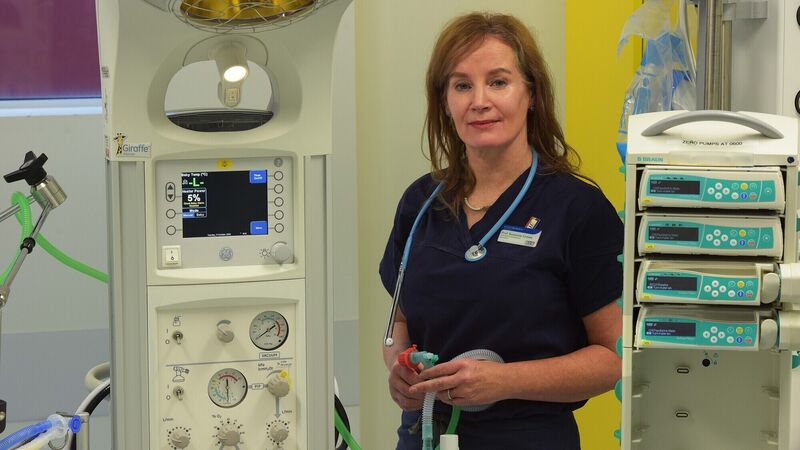Budget constraints may worsen relationship between patients and medical staff

Irish Medical Council president Suzanne Crowe said: 'I think humanising both doctors and patients is very important'. Picture: Moya Nolan
The president of the Irish Medical Council has said she is worried about how the relationship between patients and medical staff has deteriorated since the pandemic.
Amid predictions the situation will get worse as services are hit by budget constraints, Dr Suzanne Crowe said she is concerned by patients' anger at long delays and the level of burnout being faced by medical staff.













